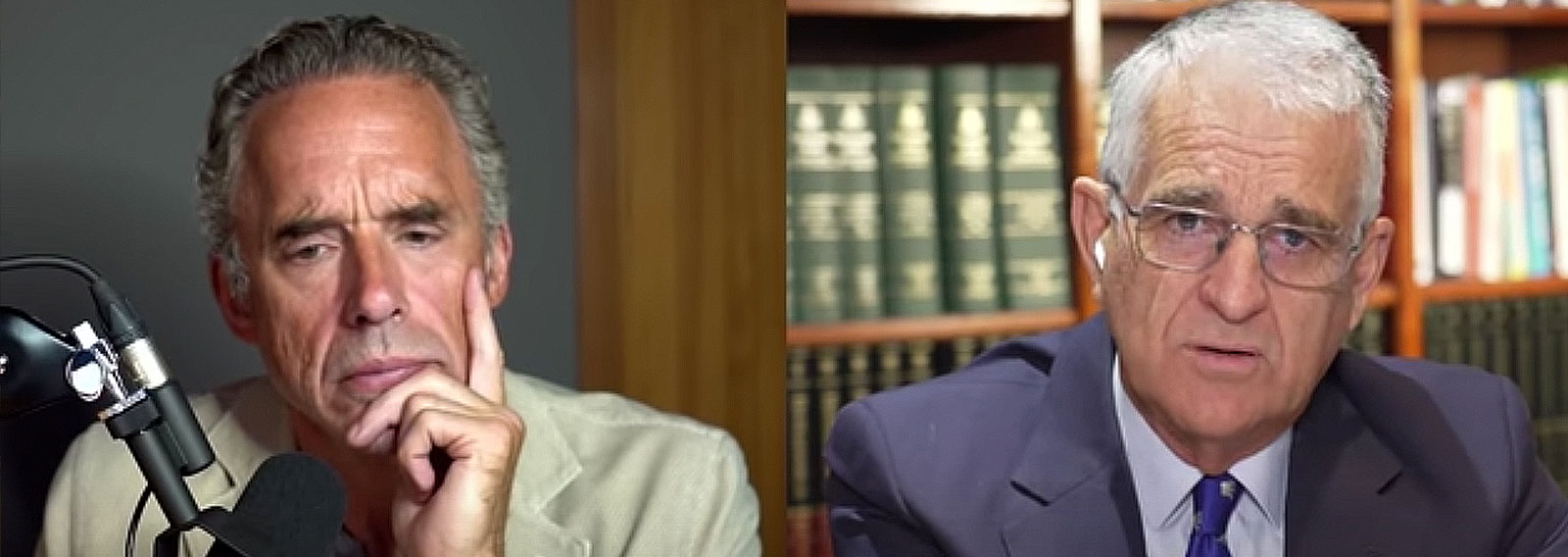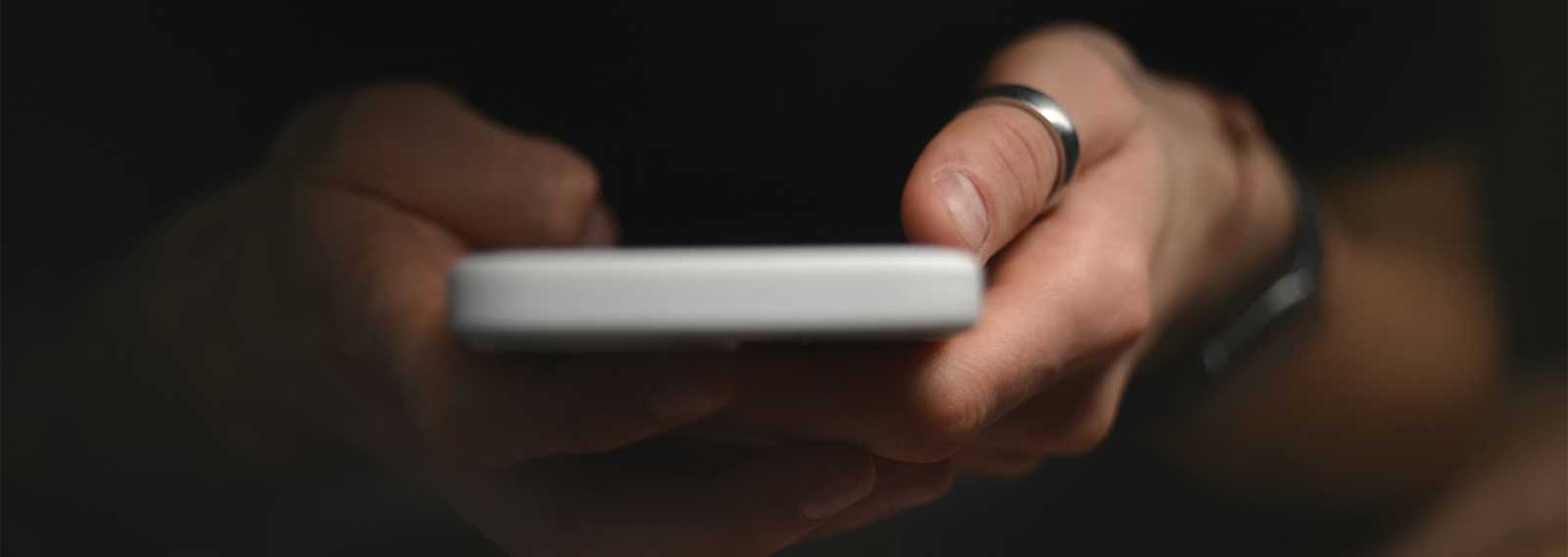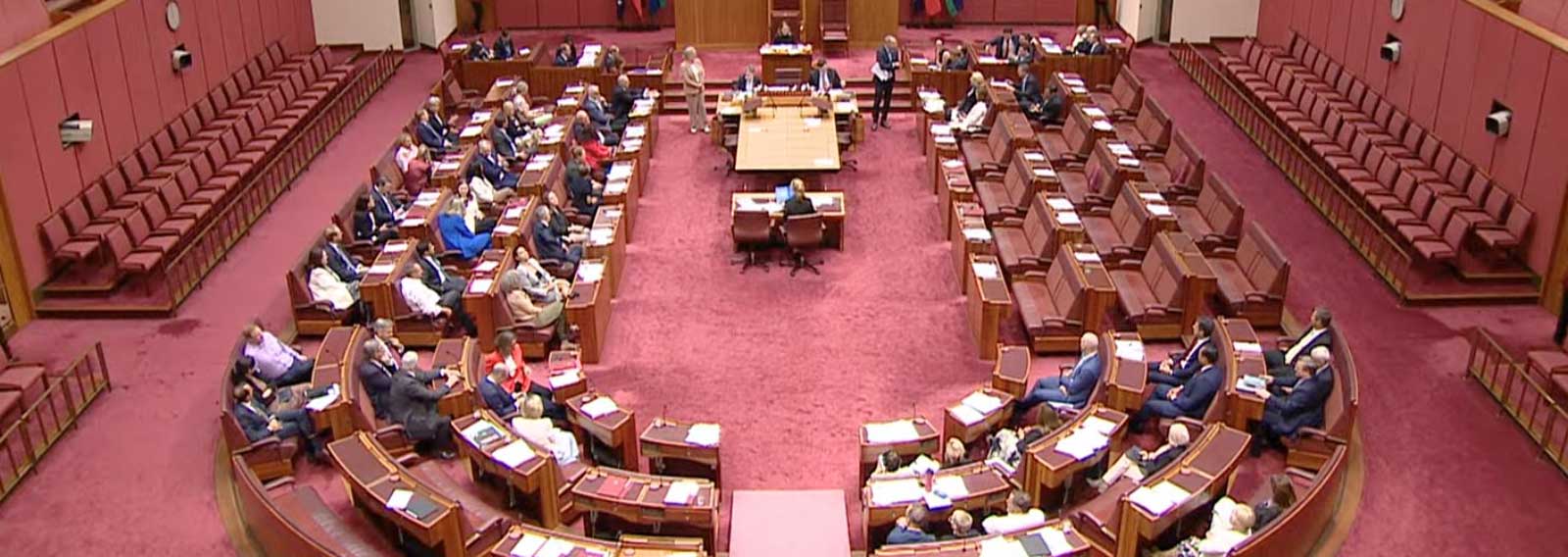What happens when Jordan Peterson and John Anderson walk into a virtual bar? Everybody, minus the 2SLBGBTQAAI+ non-binary pronoun pushers, grabs a drink and sits down to listen.
In September, the two met for an online conversation about Australia’s controversial political response to COVID-19.
The podcast, published on October 12, reached for the “pragmatic middle ground.” This was backlit by a reasoned conversation and response to some of the harshest anti-COVID measures in the world.
Anderson is one of Australia’s most respected former politicians. He is a firm believer in Classical Liberalism, farmer, Christian, and has a renowned passion for engaging in robust debate.
Peterson needs no introduction. Suffice to say, thanks to his lengthy, health-mending, cathartic sabbatical, he was on point. An encouraging sign that he is recovering well.
The whole 1-hour conversation builds on Anderson’s mantra, “you can’t get good public policy without a good debate.”
Both JA and JP agreed that the lack of quality debate has allowed for the politicisation of COVID-19, and worsened a souring of trust in Western governments.
They talked about how the media’s politicised sensationalism injects irrational fears into the public psyche (one could rightly say this also applies to “Climate Change”).
Anderson, acknowledging the negative contributions of the “Right,” laid the blame for “remarkably little balanced commentary” more squarely on the Left.
Using The ABC as a primary example, he briefly explained how ABC employees with secure jobs (fanatically) pushed for COVID measures that would hurt others, but wouldn’t hurt ABC employees or their families.
Anderson asked, “How are Australians meant to get adequate information when they’re only getting one side of the debate?”
He added,
“The quality of debate is critical to getting good outcomes. With confusing advice, how are people meant to find their way through.”
Later on, Anderson padded this with:
“Fear is a terrible inhibitor. We’re cowering in the corner. We’re being driven by fear and it’s fed on by those who want to sensationalise the issues and distort the numbers. They’re not talking about the costs of a given line of action, outside the medical reasoning.”
Peterson sympathised, saying that the lack of distinction between who died from COVID and who dies with COVID, “makes the basic statistics upon which all these decisions are being made, questionable.”
Noting how spectacularly the West has failed to provide quality debate, Anderson asserted that he was optimistic “Australian institutions and people will survive this.”
The real question, he said, was whether “government was willing to give back everything [it took].”
The two also discussed how politicians – knowing the public has trust issues with them – paraded out “health experts” to work around this distrust.
As JA observed, “most Aussies are friendly towards government, cynical of politicians.”
In sum, people don’t trust politicians, so politicians put “health experts” on camera to sell the political agenda.
Jordan and John are vaccinated but remain sympathetic with those who choose to abstain by practicing the right to conscientious objection. Anderson called freedom of conscience the ‘first freedom’ in the Biblically Christian based Classical Liberal package.
John said he and his wife had had bad reactions to Astra Zeneca, then qualified this with gratitude for the “vaccines,” calling them a “big tick for science” and “wonderful.”
Neither are in favour of mandatory vaccinations, and neither pushed the “vaccines” as a one-eye solution. Anderson brilliantly suggested that rapid testing replace “vaccine” passports.
Verbatim: “The unvaccinated will find life difficult unless rapid testing takes place. It’s then not a matter of whether you’ve had a [“] vaccination [”], but whether you have COVID.”
Peterson asserted, “I’m not impressed by this creeping authoritarianism in the name of public safety. I think it’s going to cause more damage than it is good.”
He added, “There’s tremendous danger from a precedent perspective in making an active, invasive medical procedure mandatory.”
Add in lockdown decrees. Both have “raised questions over how well our civil liberties in Australia, Canada, and potentially the United States, are protected.”
“With these precedents”, he asked, “what level of threat justifies their imposition?”
For Peterson, forced vaccination is a “sign of the failure of the ‘vaccine’ arguments. To use political and police force to insist is only going to increase distrust, and drive resistance.”
The better option, he said, was for governments to make the vaccines as available as possible, then back off. Once governments have given people the choice, reopen the country.
Peterson and Anderson were in agreement that “the dangers posed by the unvaccinated to the vaccinated” were unclear. They admitted to being bewildered by the notion.
I got the impression that both men considered the idea of the “unvaccinated” being a threat to the “vaccinated” to be superstition; part of the sensationalism corrupting information. Therefore, stopping quality debate, and hindering good government.
The two men also got around to addressing “safetyism” with Peterson calling policies that feed into it “strange precedents.”
Anderson alluded to how today’s public health orders could be creating tomorrow’s public health crisis.
While he talked about the negative health effects of lockdowns, Peterson argued, “we need to talk about the cost of this safety […] we are in danger of replacing pandemic damage with the damage of authoritarian disposition.”
I take this to mean habitual conditioning towards authoritarianism; of having to ask the government for permission before thinking, speaking, or doing; dividing society between those who will bow, those who are forced to bow and those who can afford not to bow.
Anderson told Peterson that Australians “inherited freedom. That we’ve fiercely defended freedom, but they’ve never had to fight for freedom.”
He’s right. There’s not as much focus on the intellectual, theological and civil reasons for why, how, where and what freedom is.
This coincides with my own belief that Australians have deliberately been untaught civics and theology. With an objective reading of history next on the curriculum’s Cultural Marxist chopping block.
Civics and theology are often ridiculed. They are smothered to death by a culture that has been deliberately taught to despise politics and not listen to religion (specifically Christianity).
This taught prejudice and lack of a holistic education has made young Australians and older generations not exposed to these subjects, fodder for propagandists and power opportunists.
Hence Anderson’s conclusion, “We’re not tending the garden of democracy well, because we are not focusing on what’s necessary to keep the plants healthy.”
WATCH:





















